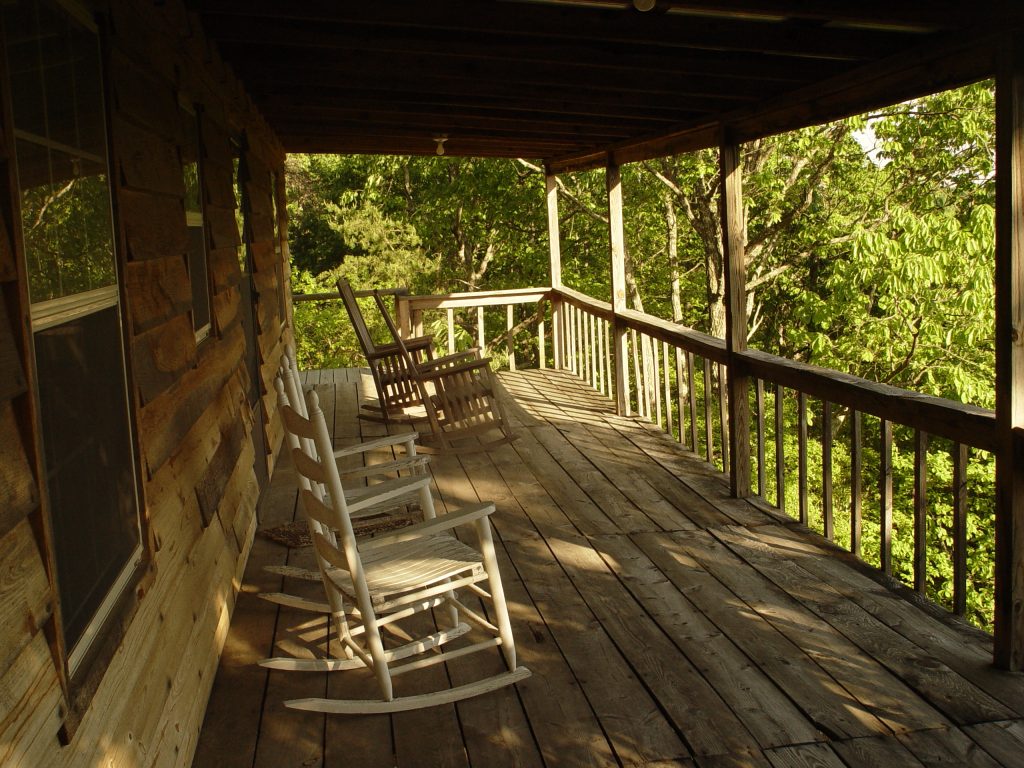 In Louisiana, the law allows a person to seek financial compensation against another person who has caused his or her injuries or failed to prevent the injuries if such a duty existed. A person has a responsibility not to harm others by their actions or with things in their possession. A Louisiana landlord has a special duty to his or her tenants to provide a safe building and will be held responsible if a tenant is injured as a result of the Landlord’s failure to repair a defect in the building that he or she knew about or should have known about. The following case illustrates some of these issues.
In Louisiana, the law allows a person to seek financial compensation against another person who has caused his or her injuries or failed to prevent the injuries if such a duty existed. A person has a responsibility not to harm others by their actions or with things in their possession. A Louisiana landlord has a special duty to his or her tenants to provide a safe building and will be held responsible if a tenant is injured as a result of the Landlord’s failure to repair a defect in the building that he or she knew about or should have known about. The following case illustrates some of these issues.
Jennifer Hooper was injured on the porch of her rented apartment when her crutches got stuck in a small, preexisting hole. As it turns out, the floorboards were rotten and Ms. Hooper fell right through the porch, fracturing her right femoral neck. Ms. Hooper sued her landlords, Val and Mary Brown, and their insurance company, Encompass Property and Casualty Company. The Browns attempted to terminate the case before it started by filing what is called a Motion for Summary Judgment. By filing this motion, the Browns asked the Trial Court to decide the case in their favor, without going through the formal development of the case. This would have ended the case before a jury had the opportunity to hear it. The Trial Court denied the motion, however, because there was a dispute as to whether the hole that Ms. Hooper stepped in was “open and obvious to all.” The Browns appealed the denial of the motion to the Louisiana Fourth Circuit Court of Appeal.
Ms. Hooper signed an apartment lease with the Browns in January 2011 and renewed the lease in 2012. Upon moving into the apartment, the Browns alerted Ms. Hooper to the hole in one of the porch floor boards. Several times over the course of her tenancy, the Browns promised to fix the hole but never did. Ms. Hooper argued that the Browns were responsible for her injuries by failing to adequately inspect and maintain the premises and warn her of the unreasonably dangerous condition. The Browns averred that the hole in the porch floor was open and obvious to all and thus, they had no duty to warn Ms. Hooper of the hole. Effectively, the Browns argued that Ms. Hooper should have seen the hole and avoided it all on her own.
 Louisiana Personal Injury Lawyer Blog
Louisiana Personal Injury Lawyer Blog


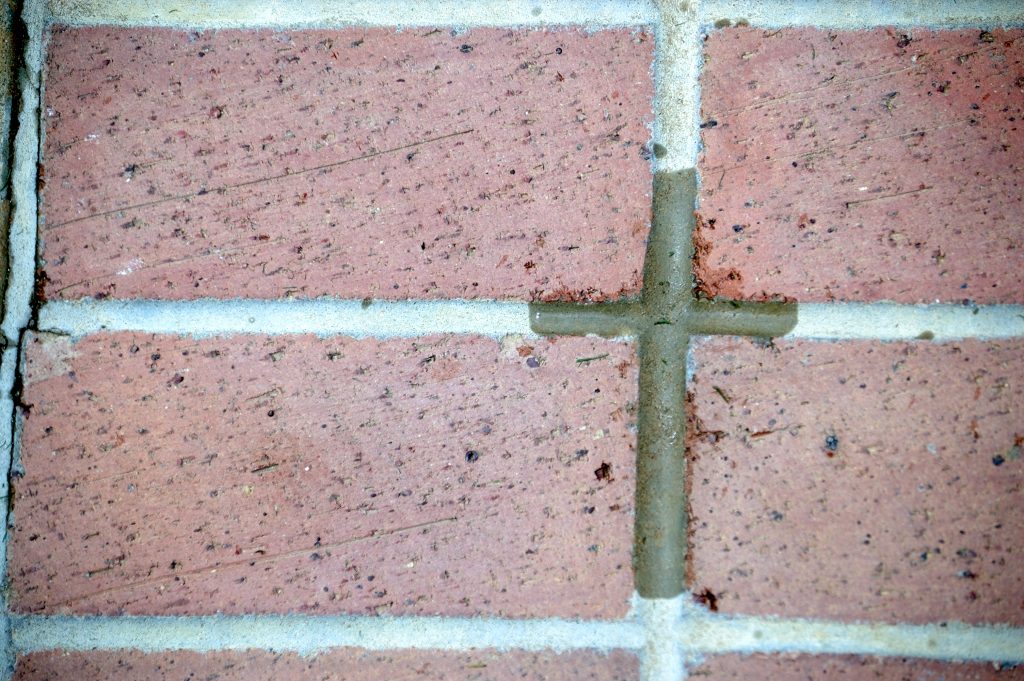 Each year, thousands of people suffer from slip and fall accidents. From a legal perspective, it can be difficult to determine who, if anyone, is at fault. For example, in some slip and fall cases, a property owner can be held liable for the other party’s injuries. Property owners owe a duty of care to persons who use their premises. Owners are expected to keep the grounds in a reasonably safe condition.
Each year, thousands of people suffer from slip and fall accidents. From a legal perspective, it can be difficult to determine who, if anyone, is at fault. For example, in some slip and fall cases, a property owner can be held liable for the other party’s injuries. Property owners owe a duty of care to persons who use their premises. Owners are expected to keep the grounds in a reasonably safe condition. If you slip and fall on a pile of food left on the floor of a supermarket and evidence shows that an employee observed the hazard a minute earlier but failed to warn you, it may seem obvious that the store was at fault and owes you full compensation for your injuries. However, as Sheneatha Stevens of Lake Charles, Louisiana learned, the situation may not be so clear cut. The amount of compensation you are awarded will depend on whether you had knowledge of the hazard at the time you were injured, personal characteristics or distractions in the environment affecting your ability to avoid the hazard, any risks you took and why you took them, and whether the trial court finds the evidence you present on these factors to be convincing. An aspect of the situation that may not seem important to you can wind up having a major effect on your credibility and, ultimately, on the amount of damages awarded to you, as Ms. Stevens learned. Her case shows why it is important to have an experienced attorney representing you when you have been injured in a retail store and both sides have strong evidence supporting their positions.
If you slip and fall on a pile of food left on the floor of a supermarket and evidence shows that an employee observed the hazard a minute earlier but failed to warn you, it may seem obvious that the store was at fault and owes you full compensation for your injuries. However, as Sheneatha Stevens of Lake Charles, Louisiana learned, the situation may not be so clear cut. The amount of compensation you are awarded will depend on whether you had knowledge of the hazard at the time you were injured, personal characteristics or distractions in the environment affecting your ability to avoid the hazard, any risks you took and why you took them, and whether the trial court finds the evidence you present on these factors to be convincing. An aspect of the situation that may not seem important to you can wind up having a major effect on your credibility and, ultimately, on the amount of damages awarded to you, as Ms. Stevens learned. Her case shows why it is important to have an experienced attorney representing you when you have been injured in a retail store and both sides have strong evidence supporting their positions.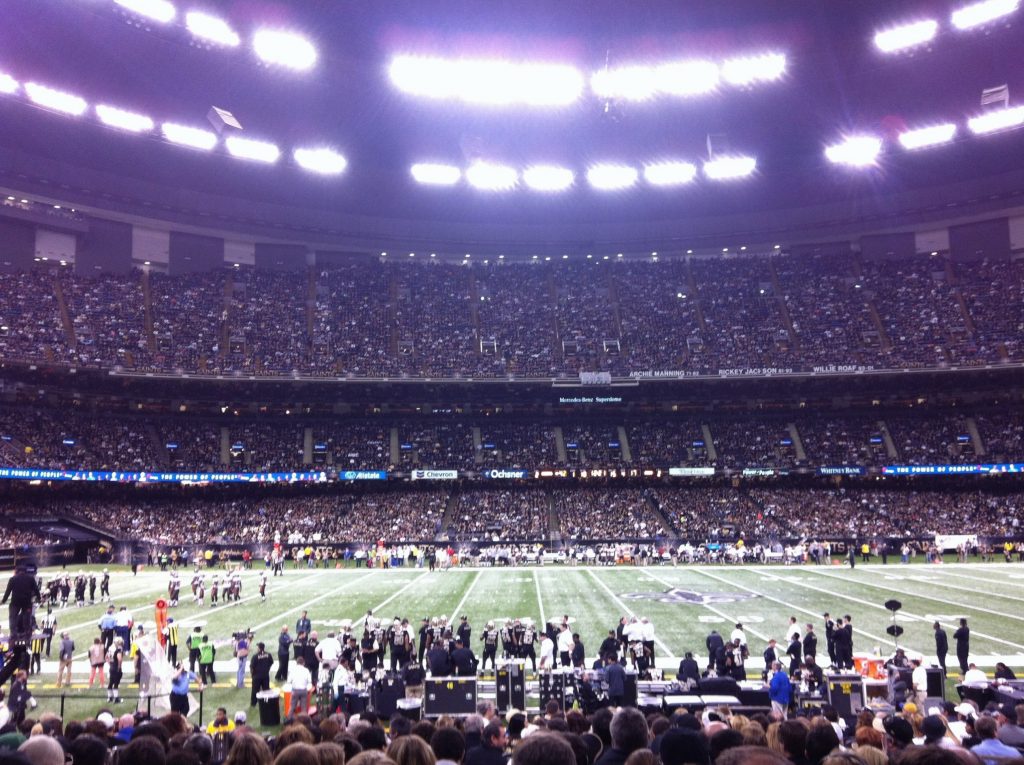 Putting on a festival at the New Orleans Superdome is a lot of work. One vital part of that work is to confirm that the insurance policy actually covers the activities and location of the festival. Festival Productions, Inc. – New Orleans (“FPINO”) learned this lesson the costly and hard way. The Louisiana Fourth Circuit Court of Appeal’s decision shows the gaping hole in FPINO’s coverage that was entirely avoidable.
Putting on a festival at the New Orleans Superdome is a lot of work. One vital part of that work is to confirm that the insurance policy actually covers the activities and location of the festival. Festival Productions, Inc. – New Orleans (“FPINO”) learned this lesson the costly and hard way. The Louisiana Fourth Circuit Court of Appeal’s decision shows the gaping hole in FPINO’s coverage that was entirely avoidable. 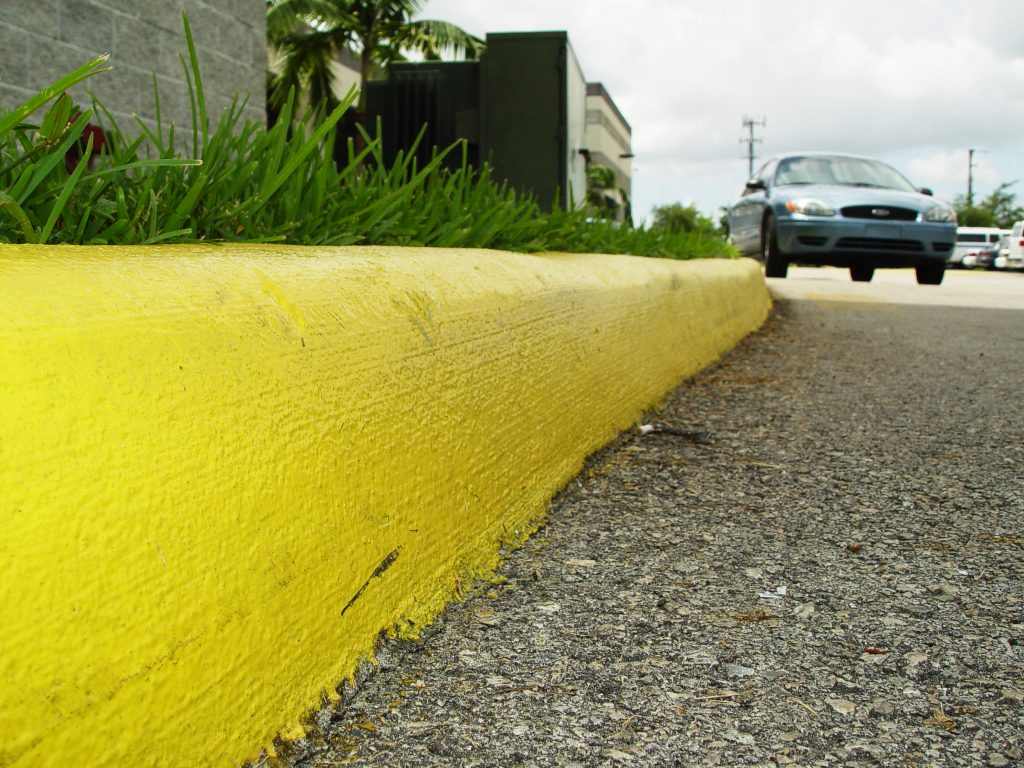 Our court system includes rules that aim to promote court efficiency. Some of the rules may sound intimidating, but having a good attorney, one who is able to build a strong strategy and with strong knowledge of the rules, makes the necessary difference. One such rule is called res judicata – Latin for “a matter judged.” Unfortunately, Mr. Springer, a resident of Nannie O’Neal Senior Apartments on Oneal Street in DeRidder, Louisiana recently lost his case because of failing to understand how this rule applied.
Our court system includes rules that aim to promote court efficiency. Some of the rules may sound intimidating, but having a good attorney, one who is able to build a strong strategy and with strong knowledge of the rules, makes the necessary difference. One such rule is called res judicata – Latin for “a matter judged.” Unfortunately, Mr. Springer, a resident of Nannie O’Neal Senior Apartments on Oneal Street in DeRidder, Louisiana recently lost his case because of failing to understand how this rule applied.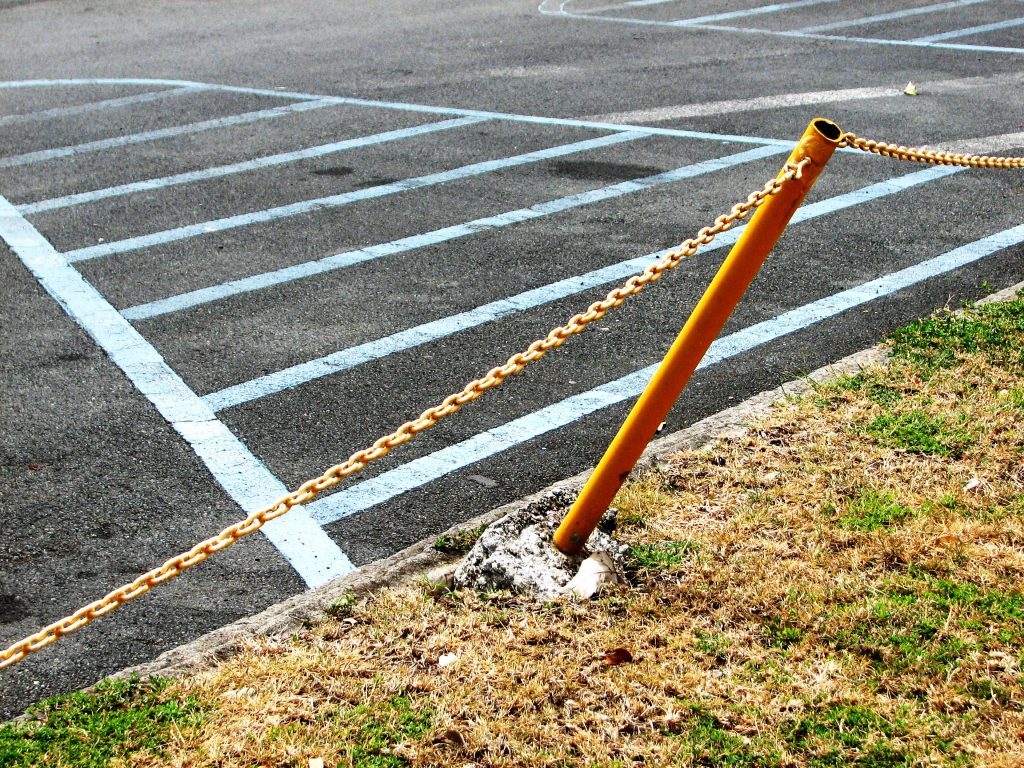 Not all slip and fall cases are successful as the burden of proof on the victim can be high in Louisiana. In a recent opinion out of the Louisiana Fifth Circuit Court of Appeals the trial court’s decision to award $20,000 to Carolyn Bennette, who slipped and fell at the Brother’s convenience store and gas station in Avondale, Louisiana was reversed. As discussed below, the appellate court stated that the defendants were correct in arguing that the trial court held the defendants to an improper burden of proof. In order to prove a slip and fall claim, a victim (here, the Plaintiff Ms. Bennette) has the burden to produce direct evidence supporting her claim, and the Appellate Court found that Ms. Bennette failed to prove three aspects of the claim.
Not all slip and fall cases are successful as the burden of proof on the victim can be high in Louisiana. In a recent opinion out of the Louisiana Fifth Circuit Court of Appeals the trial court’s decision to award $20,000 to Carolyn Bennette, who slipped and fell at the Brother’s convenience store and gas station in Avondale, Louisiana was reversed. As discussed below, the appellate court stated that the defendants were correct in arguing that the trial court held the defendants to an improper burden of proof. In order to prove a slip and fall claim, a victim (here, the Plaintiff Ms. Bennette) has the burden to produce direct evidence supporting her claim, and the Appellate Court found that Ms. Bennette failed to prove three aspects of the claim. 
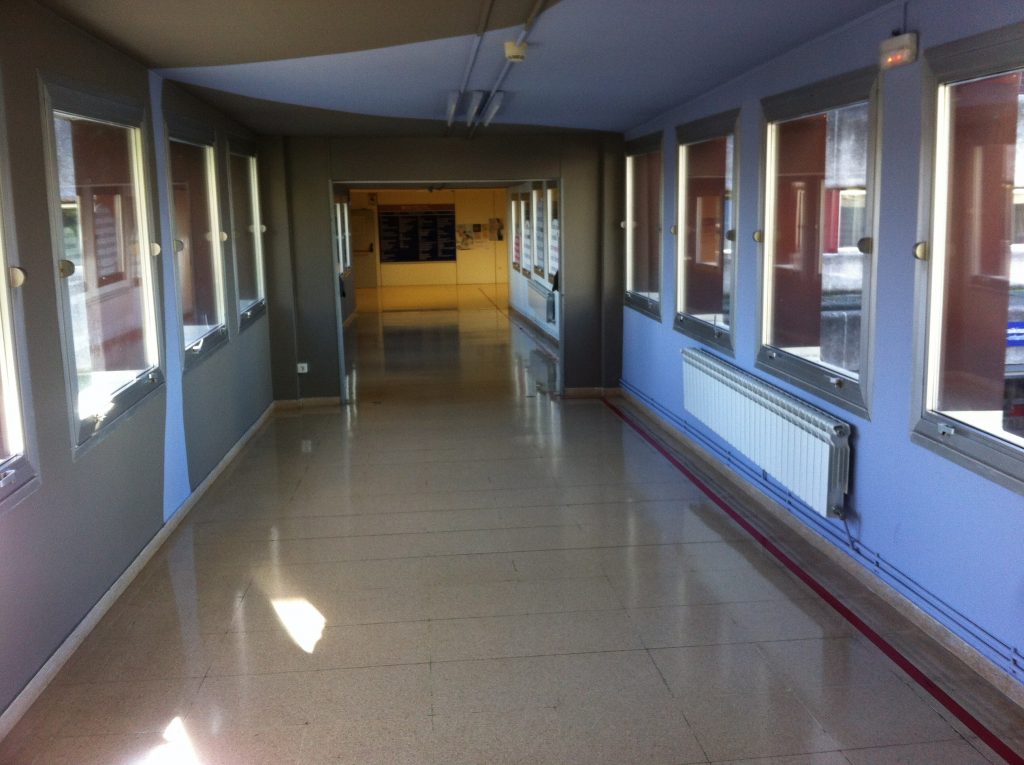 If your unlucky enough to slip and fall at a business the first person you would think about suing is the business itself. However, businesses today contract out many aspects of cleaning and other maintenance and in doing so also alleviate their responsibility for negligence on their property. The following case out of St. Tammany Parish discusses the concept of who might be at fault for a slip and fall when the cleaning of floors is contracted out to another party.
If your unlucky enough to slip and fall at a business the first person you would think about suing is the business itself. However, businesses today contract out many aspects of cleaning and other maintenance and in doing so also alleviate their responsibility for negligence on their property. The following case out of St. Tammany Parish discusses the concept of who might be at fault for a slip and fall when the cleaning of floors is contracted out to another party. Often in a discussion of tort law, the determination of whether an environment is reasonably safe is left up to the trier of fact in a particular case. Often, the trier of fact is a jury who listens to the evidence of the case and returns a verdict about the cause of the plaintiff’s injuries. But how much discretion does a trier of fact actually have to determine the standard of reasonableness and whether or not the defendant breached this standard? A case from the Louisiana Third Circuit Court of Appeal discusses the standards by which an appellate tribunal must review a jury’s finding when the factual basis for the jury’s finding is called into question.
Often in a discussion of tort law, the determination of whether an environment is reasonably safe is left up to the trier of fact in a particular case. Often, the trier of fact is a jury who listens to the evidence of the case and returns a verdict about the cause of the plaintiff’s injuries. But how much discretion does a trier of fact actually have to determine the standard of reasonableness and whether or not the defendant breached this standard? A case from the Louisiana Third Circuit Court of Appeal discusses the standards by which an appellate tribunal must review a jury’s finding when the factual basis for the jury’s finding is called into question.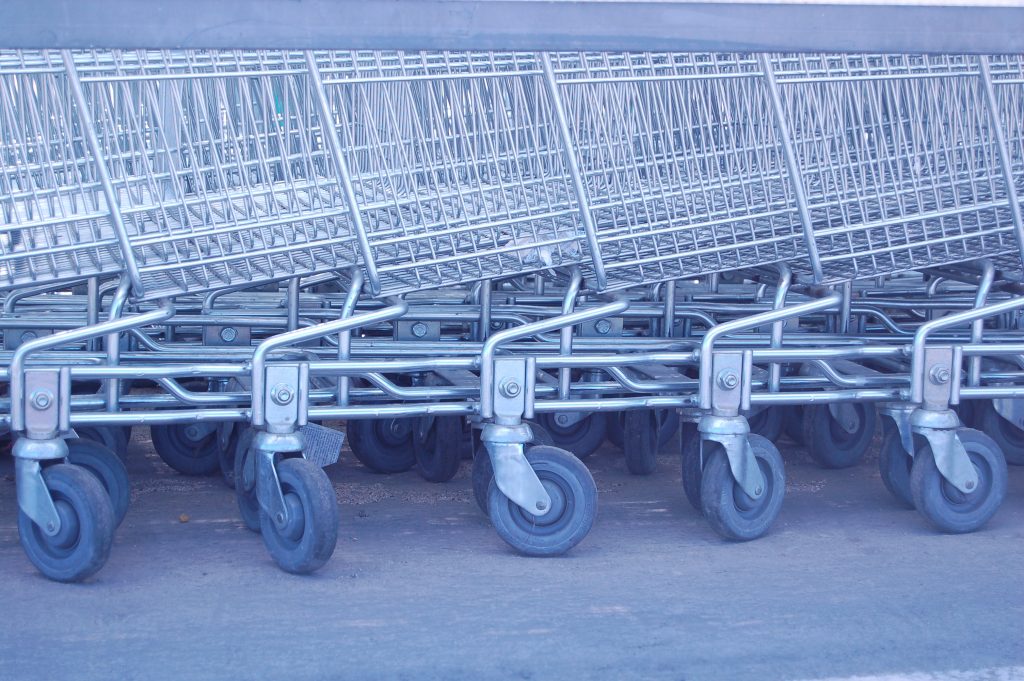 Would you expect a routine trip to your local grocery store to end with a herniated disc and a possible need for surgery? Probably not. Trips to the grocery store are often without incident. However, people
Would you expect a routine trip to your local grocery store to end with a herniated disc and a possible need for surgery? Probably not. Trips to the grocery store are often without incident. However, people